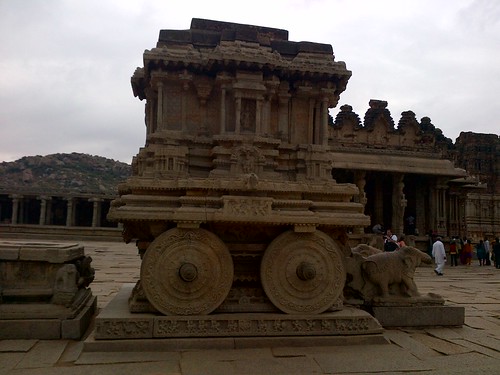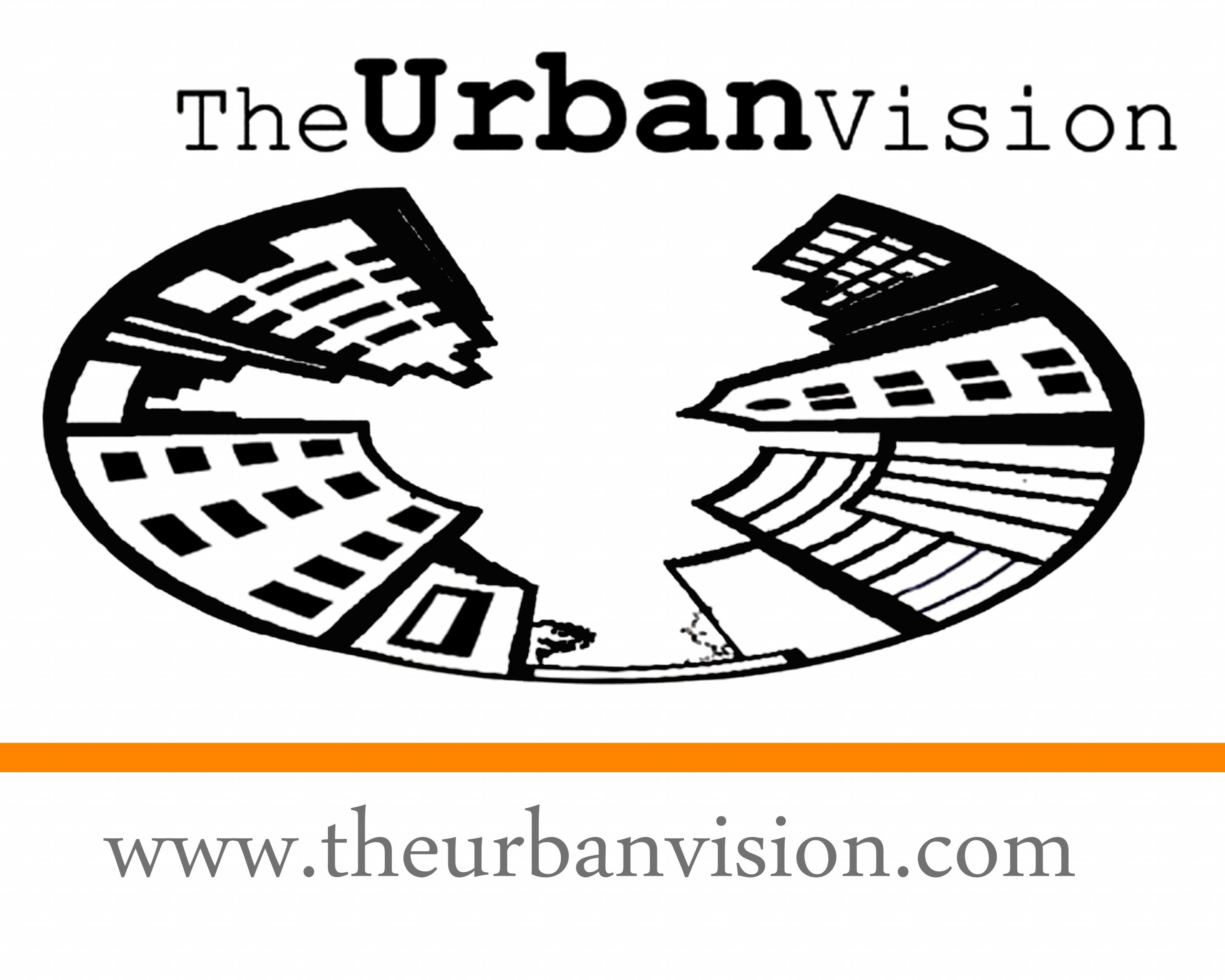As an urban planner with conscious heart toward sustainability I always try to find its core idea that leads to the path towards sustainable development. Is it the need of the hour due to environment degradation? Is it the recent fad? what makes our fraternity more conscious about this thing?
As a planner I tried to find answers to my above stated queries and it further led me to explore my beliefs and religion that I practice. As I read more on this aspect I began to realize that Hinduism is not a religion but its a way of life that one should lead in his/her lifetime. In this world there could be millions of material manifestations and forms, but the sustaining force for all is not material but spiritual. Everything has life, so all the life is reverent and has to be protected, upheld and sustained. Respect for the environment is the part of Hinduism where earth is our mother, the mountains are abodes of gods, trees are sacred, rivers are holy, and the animals are vehicles of the Gods, and above all, man’s sustenance has to be ecological.
Hinduism also talks about the essence of vegetarianism: eco-consciousness. There is no absolute truth in Hinduism, truth is relative, and so is our diet. The consumption of animal flesh itself is not non-vegetarian. If an Eskimo killed an animal and ate its meat to survive, or in the desert one kills someone for its flesh, he is still vegetarian. This is because, in the food chain, one consumes the least life form for one’s survival. But in case of tropical India, where there is plenty of vegetation, kill only vegetable, because it has a lesser life quantum than an animal. One doesn’t need to consume more than necessary; there is enough for everyone’s need.
Thus, sustainability can be defined from spirituality and Hinduism which is essentially a dialogue of values that defies consensual definition. This aspect is the strength of India and I am sure that this path will reveal a permanent path to sustainability to all architects and urban planners.

![]() photo credit: Arun Katiyar
photo credit: Arun Katiyar
